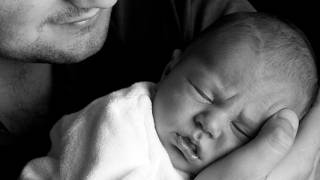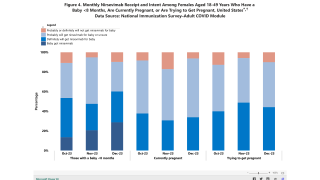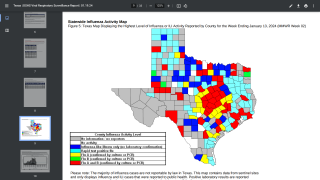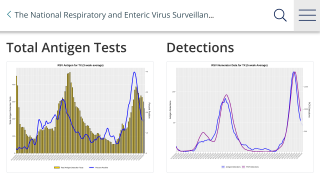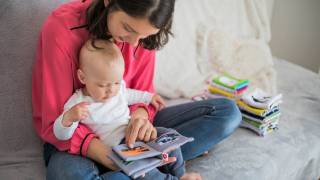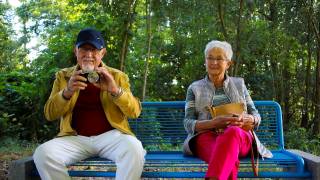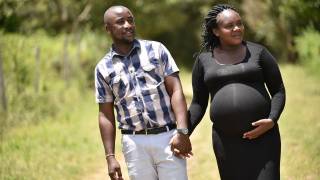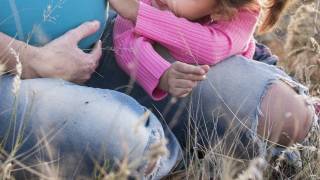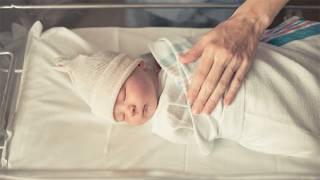Single-Dose RSV Protection for Infants Under Review in U.S.
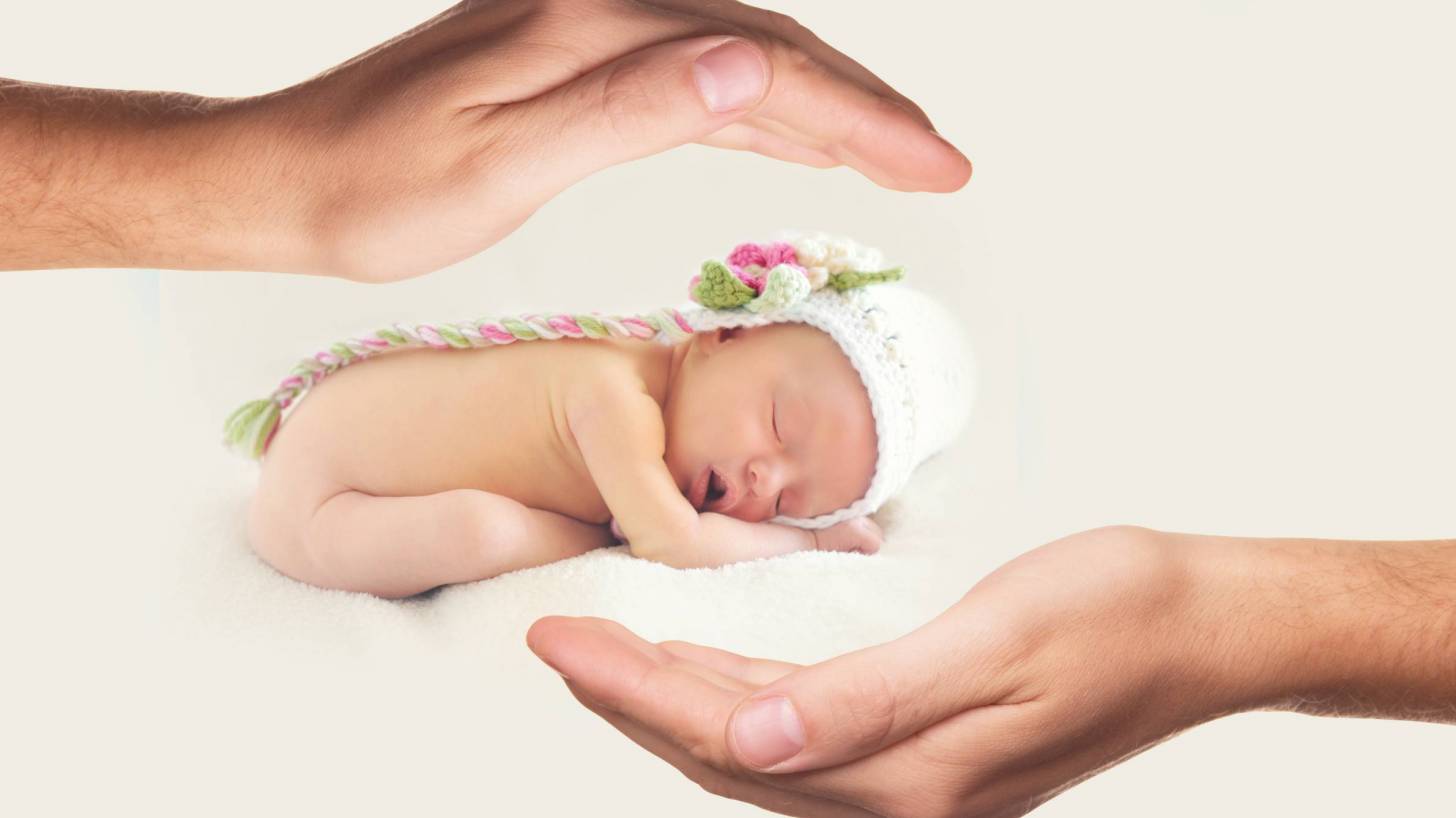
AstraZeneca today announced its Biologics License Application (BLA) for nirsevimab (Beyfortus®) had been accepted for review by the U.S. Food and Drug Administration (FDA) for the prevention of respiratory syncytial virus (RSV) lower respiratory tract disease (LRTI) in newborns and infants entering or during their first RSV season.
And the BLA is for children up to 24 months of age who remain vulnerable to severe RSV disease through their second RSV season.
If FDA-approved, nirsevimab would be the first single-dose RSV preventative option for the broad newborn and infant population in the U.S.
Unfortunately, the FDA's Prescription Drug User Fee Act date is in the third quarter of 2023.
This indicates that if FDA approved, nirsevimab would become available for the 2023/2024 RSV season in the U.S.
RSV is a very contagious virus that can lead to serious respiratory illness, according to the U.S. Centers for Disease Control and Prevention.
In the U.S., RSV is the leading cause of hospitalization for babies under one, and about 75% of infants hospitalized for RSV were born at term with no underlying conditions.
Dr. William Muller, Associate Professor, Pediatrics, Northwestern University Feinberg School of Medicine and Scientific Director, Clinical and Community Trials, Ann & Robert H. Lurie Children's Hospital of Chicago, Illinois, said in a press release on January 5, 2023, "A substantial burden of disease from RSV affects infants, families, and healthcare providers every year."
"This year in the U.S., we've seen first-hand how frightening the impact of this respiratory disease is on our patients and how stressful it is on the healthcare system, highlighting the urgency of addressing this problem."
In November 2022, Beyfortus was approved by the European Commission and the U.K. Medicines and Healthcare products Regulatory Agency. Additional authorizations are pending in China and Japan.
Nirsevimab was developed by AstraZeneca and Sanofi using AstraZeneca's YTE technology to offer newborns and infants direct RSV protection via an antibody to help prevent LRTI caused by RSV.
Monoclonal antibody therapy does not require the activation of the human immune system to help offer timely, rapid, and direct protection against diseases such as RSV.
Iskra Reic, EVP, Vaccines and Immune Therapies, AstraZeneca, commented, "This decision brings us a step closer to delivering a first-in-class preventative option for a broad infant population in the U.S."
"If approved, we believe nirsevimab may transform the medical community's approach to respiratory syncytial virus prevention in infants. We are committed to working with the FDA to support the completion of the review as quickly as possible."
Data from the MELODY trial was published in the New England Journal of Medicine in March 2022 and demonstrated Nirsevimab led to a reduction in the incidence of medically-attended LRTI caused by RSV by 74.5% (95% CI 49.6, 87.1; p<0.001) vs. placebo through day 151 with a single dose.
Additionally, the FDA is reviewing various RSV vaccine applications for approval. As of January 5, 2023, the FDA has not approved any RSV vaccine candidate.
Disclosures: AstraZeneza published the announcement with supporting data from the NEJM and CDC. This news article is not paid content, and no industry conflicts of interest were disclosed.
Our Trust Standards: Medical Advisory Committee







